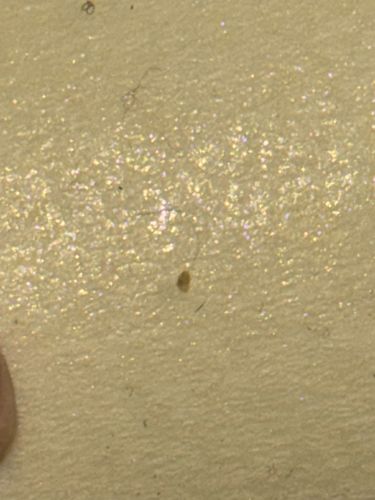Dust Mite
Scientific Name: Dermatophagoides spp.
Order & Family: Acariformes, Pyroglyphidae
Size: 0.2 - 0.3 millimeters (too small to be seen without magnification)

Natural Habitat
Indoor environments, particularly in dust, bedding, upholstered furniture, carpets, and clothing, preferring warm and humid conditions.
Diet & Feeding
Primarily feed on dead skin cells (dander) shed by humans and pets.
Behavior Patterns
Dust mites thrive in high humidity and moderate temperatures. They are not parasitic on humans or pets; they simply consume shed skin flakes. They reproduce quickly under favorable conditions, with a life cycle lasting about 2-3 months.
Risks & Benefits
Potential risks include triggering allergic reactions such as asthma, eczema, and perennial allergic rhinitis in sensitive individuals due to their fecal matter and body fragments. They offer no known benefits to humans or the ecosystem.
Identified on: 9/7/2025